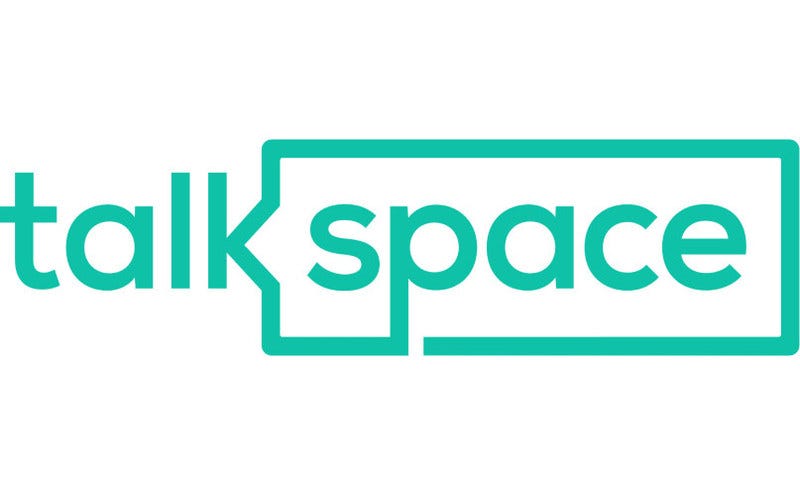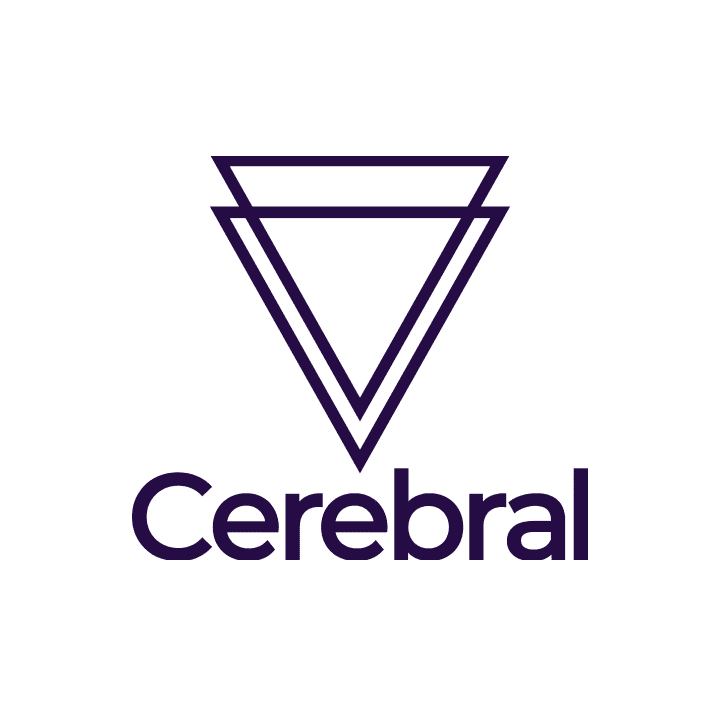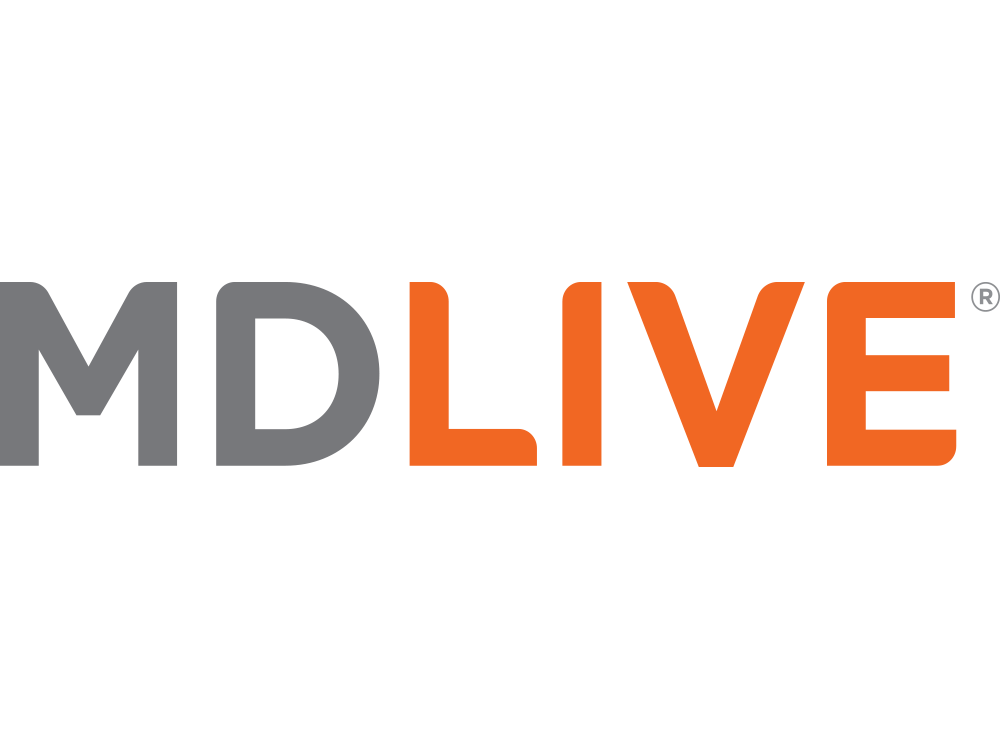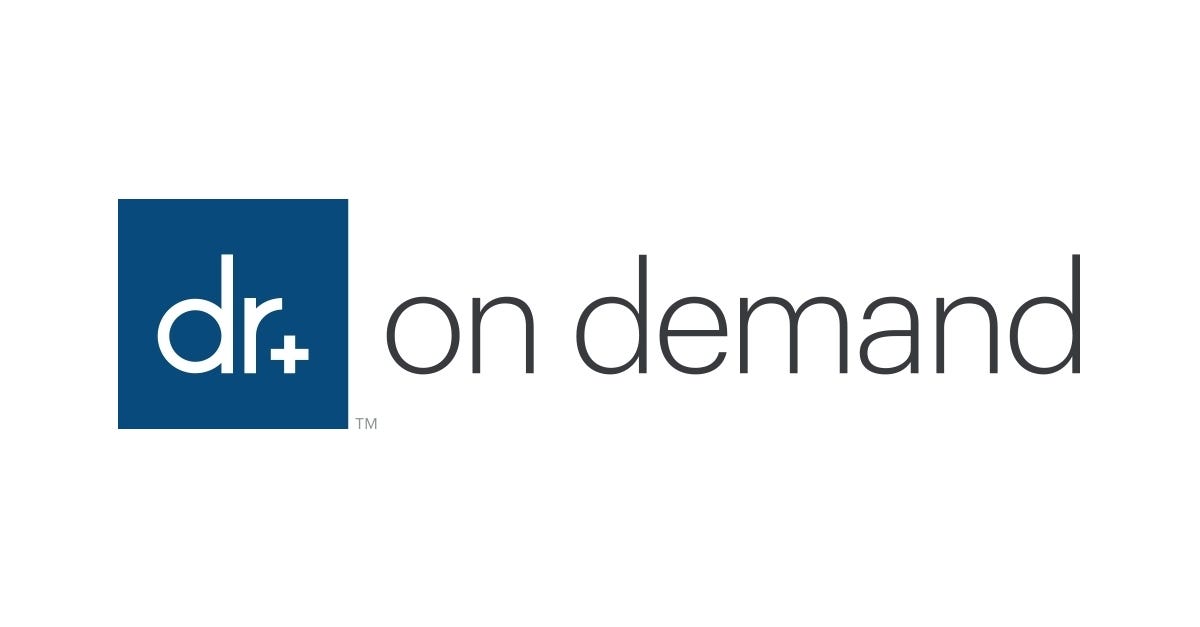Mary Alvord, a psychologist in Maryland who teaches mental health professionals about telehealth, Jay Shore, Ph.D., a psychiatrist and director of telemedicine at the Helen and Arthur E. Johnson Depression Center at the University of Colorado Anschutz Medical Campus, and Lisa Henderson, a licensed professional counselor expert at the American Counseling Association, offer these pros and cons for online therapy. Other sources of this advice include Psychology Today and the American Psychological Association.
Pros
Circumvents mental health stigma. “For people whom stigma is a concern, especially if they live in a tight-knit community, parking their car outside a counseling center or therapy office can really violate their privacy,” Henderson says. “But online therapy is really discrete and can protect people’s privacy and confidentiality in ways that in-person [therapy] simply cannot.”
Convenience and safety. If you’re unable to travel safely during bad weather or can’t take time out of your workday to travel to and from a mental health professional’s office, a virtual visit can be a good substitute.
Sense of intimacy. Shore says some patients may prefer their familiar at-home surroundings versus an “artificial clinic environment.” Henderson echoes these sentiments. “In some ways, video is more intimate than being in the same room because we’re in each other’s space,” she says. “You might be in my office, but it’s in my home, so it feels like you’re in my home just as I am in your home. That really bridges a gap, as opposed to being on my turf when you come into my office.”
Similar outcomes. In-person and video visits hold the potential to deliver similar results, according to Shore. Henderson agrees: “We see just as much, if not more, improvement in online therapy settings. Apples to apples, in-person therapy versus telehealth, there’s really no difference between which one is more effective.”
Easier access. For people who live far from the nearest therapist office or counseling center, online therapy can provide a readily available alternative.
Little to no wait time. A virtual appointment may be able to begin on time while an in-office appointment may be delayed by paperwork and other bureaucratic hurdles.
Cons
Nonverbal communication. A therapist may not pick up on a patient’s nonverbal cues during a virtual appointment. Alvord explains that much of our communication is nonverbal. However, Henderson points out that the proximity of the camera lens during video appointments can provide more visual communication through facial expressions than an in-person appointment where a greater physical distance exists between the therapist and the client.
Limited effectiveness for some. Certain patients, such as some children or people with autism spectrum disorder, may not respond well to virtual therapy, Alvord notes. Patients with dementia or other cognitive issues also may not do well in virtual sessions without modifications, such as a caregiver being with the patient, Shore says..
Technology. Some patients’ homes may not be equipped with high-speed internet service, or the patient may not be comfortable with technology, making virtual therapy difficult or even impossible to carry out.
Insurance coverage. In some cases, your health insurance provider may cover an in-person therapy session but may not cover a virtual session. Such policies are constantly changing, though, especially in light of the COVID-19 pandemic. Speak to an agent at your insurance company to confirm what your coverage currently includes.



















